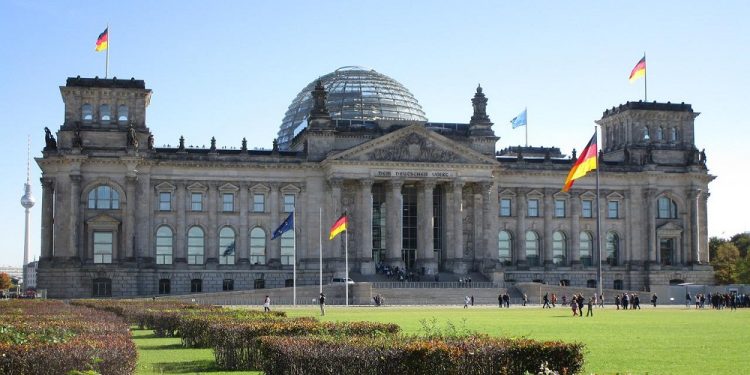
Day Of The Homeland
Day of the Homeland is a holiday that’s observed annually in Germany and has been observed in the country for over seven decades. This day honors and respects German expellees, all while observing the basic human rights and freedoms enjoyed around the country.
Despite the atrocities committed by the Nazis during World War II, Germany has grown to become a country that celebrates freedom, diversity, and embraces the inclusion and equality of all its citizens. Although it’s not a public holiday in Germany, and life operates as it normally does on any other day of the year, it’s still a holiday that’s widely observed across Germany.
The History of Day of the Homeland in Germany
In 1949, a politician named Paul Wagner was responsible for the passage of a resolution calling for a Day of the Homeland in Göttingen — a university city in Lower Saxony. The following year, a proclamation that honors the Charter of the German Expellees was introduced at Stuttgart Castle, and this would become an important event that helped to create Day of the Homeland across Germany.
During World War II, approximately 15 million ethnic Germans were expelled or forced to leave their homes in Central and Eastern Europe. This is just one of the sad legacies of the Nazi era.
Observing Day of the Homeland in Germany
This holiday is observed with special exhibitions, ceremonies, and learning seminars all across Germany. Each year, there’s a different theme associated with this holiday. One of the past themes was “Expulsions are Wrong.” This is also a holiday on which politicians and government officials make speeches, and buildings all across the country raise the Flag of Germany.








